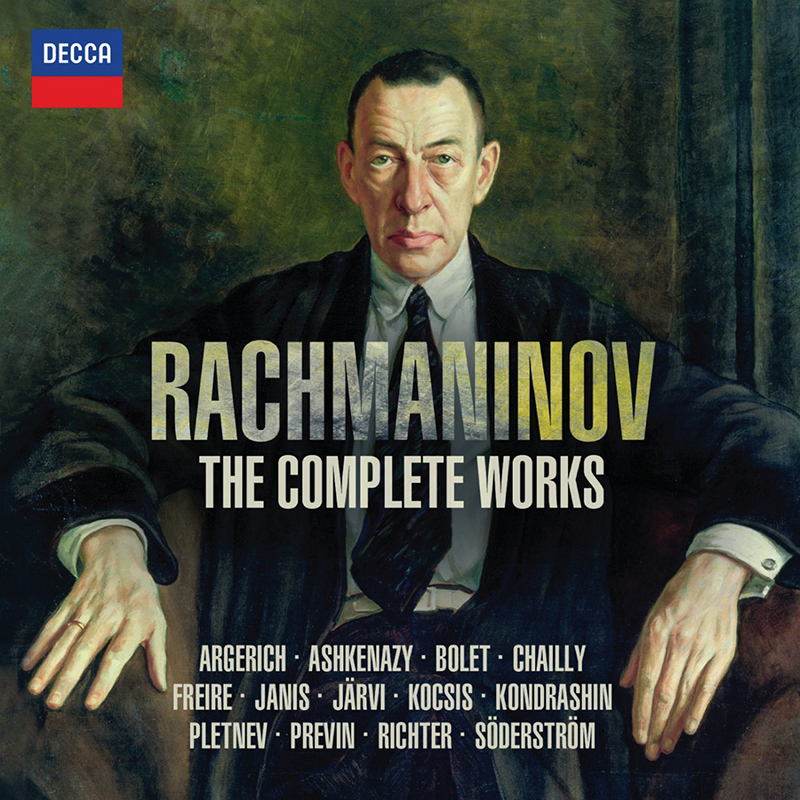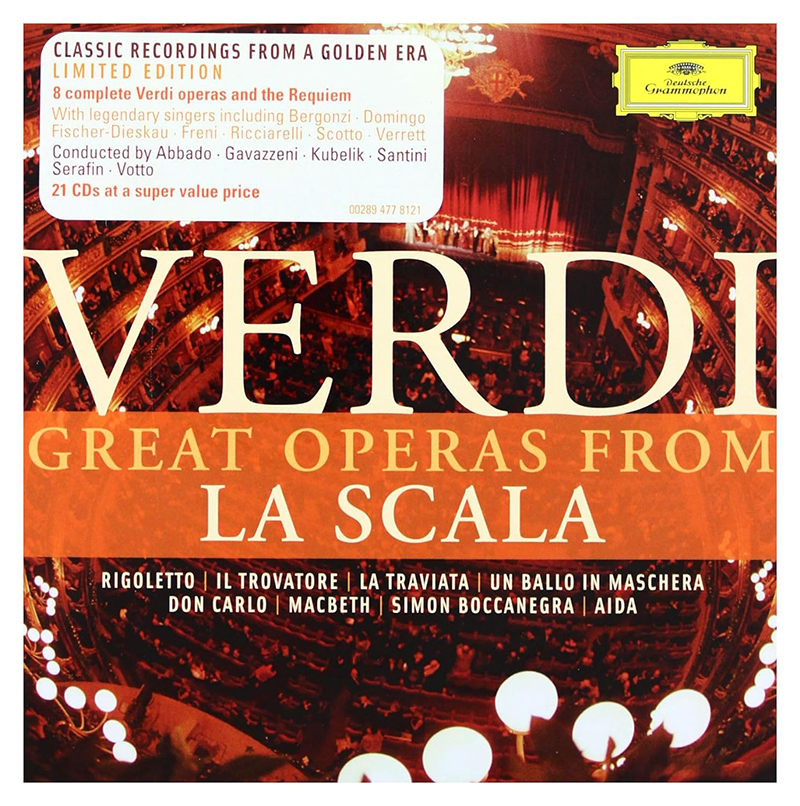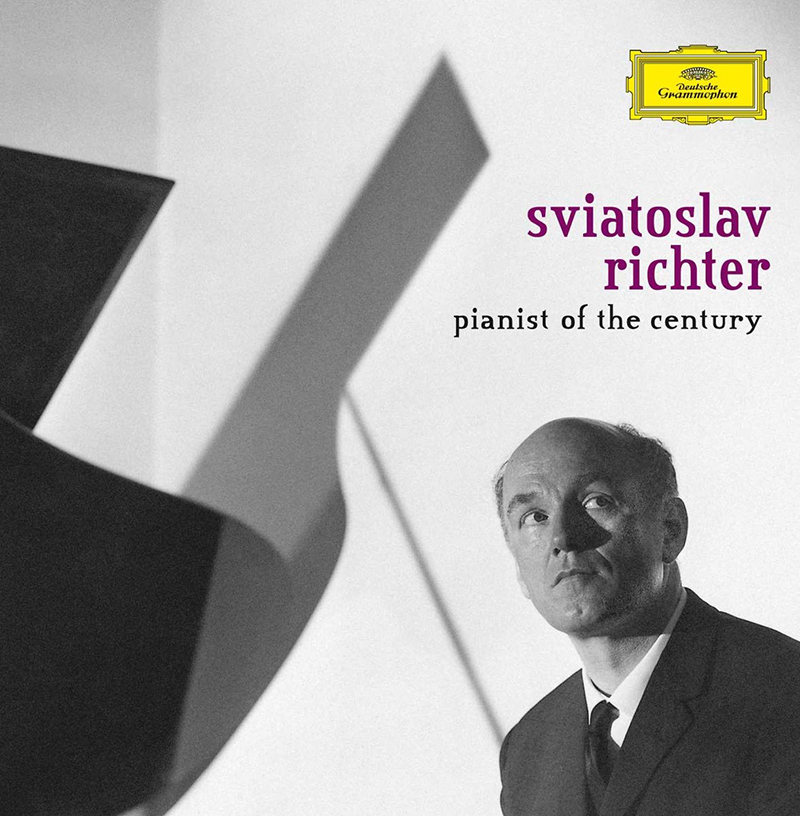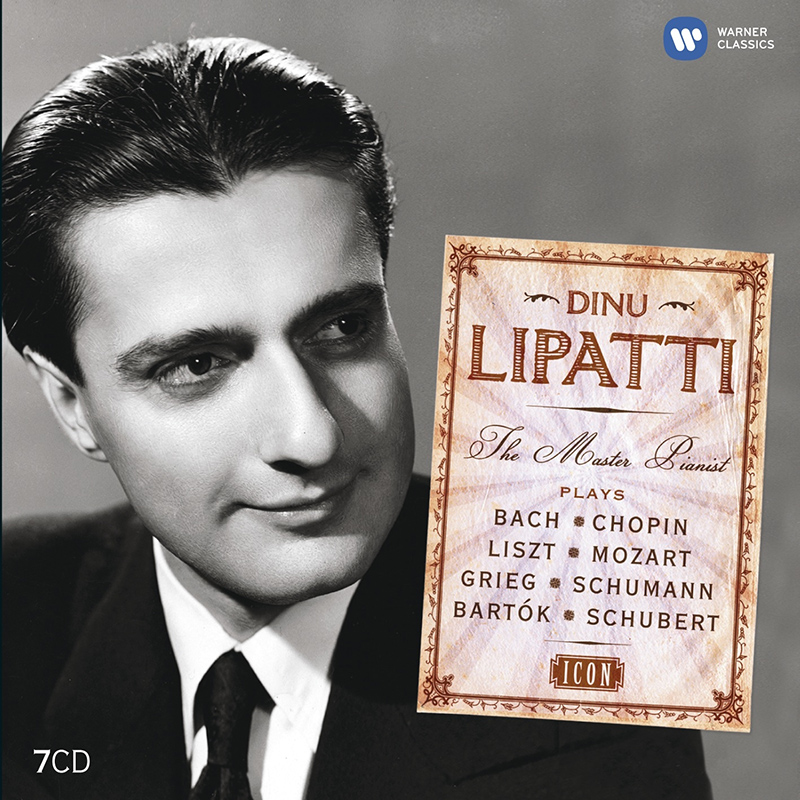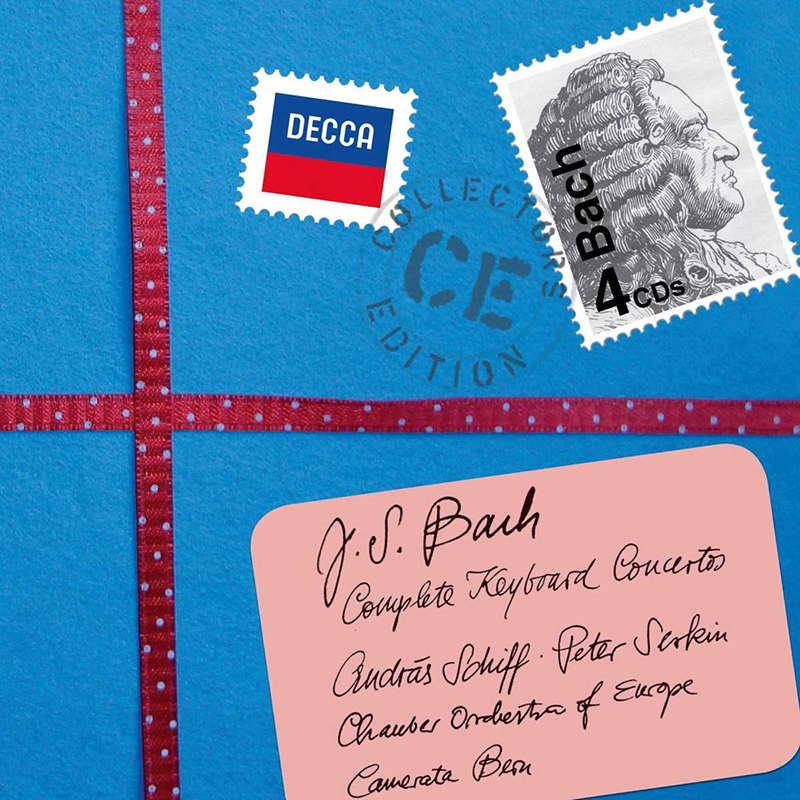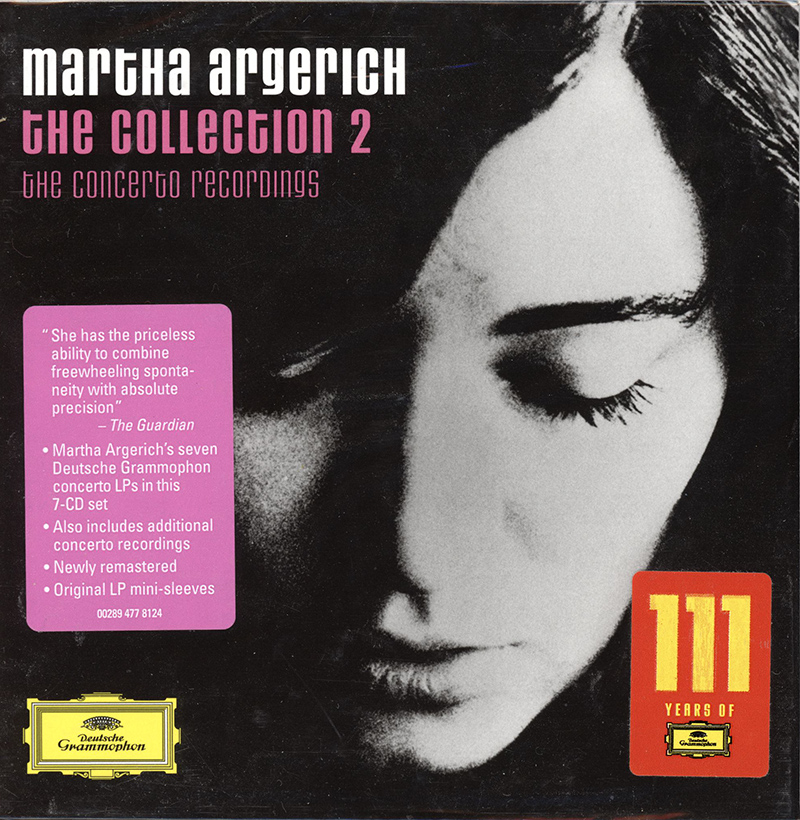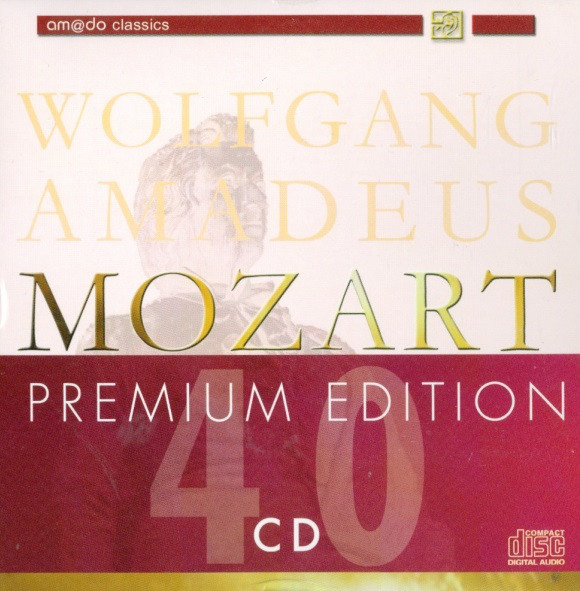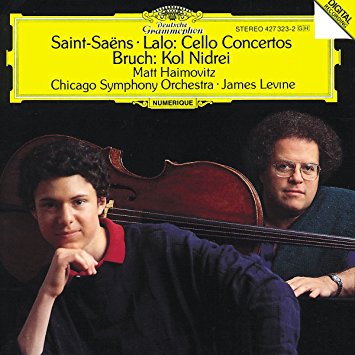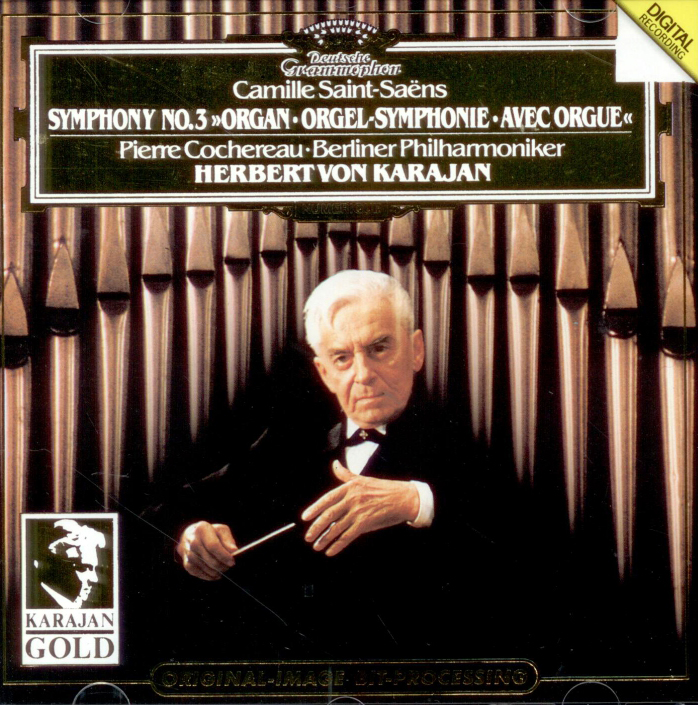Logowanie
KOLEKCJE!
BACH, CHOPIN, LISZT, MOZART, GRIEG, Dinu Lipatti, Otto Ackermann, Ernest Ansermet
The Master Pianist
PROKOFIEV, CHOPIN, TCHAIKOVSKY, SCHUMANN, BEETHOVEN, Martha Argerich, Claudio Abbado, Giuseppe Sinopoli
The Concerto Recordings
The Collection 2
Jakość LABORATORYJNA!
ORFF, Gundula Janowitz, Gerhard Stolze, Dietrich-Fischer Dieskau, Deutsche Oper Berlin, Eugen Jochum
Carmina Burana
ESOTERIC - NUMER JEDEN W ŚWIECIE AUDIOFILII I MELOMANÓW - SACD HYBR
Winylowy niezbędnik
ClearAudio
Essence MC
kumulacja zoptymalizowana: najlepsze z najważniejszych i najważniejsze z najlepszych cech przetworników Clearaudio
Direct-To-Disc
PIAZZOLLA, ChamberJam Europe
Tangos del Ángel y del Diablo
Direct-to-Disc ( D2D ) - Numbered Limited Edition
SAINT-SAENS, LALO, Matt Haimovitz, James Levine, Chicago Symphony Orchestra
Cello Concertos / Kol Nidrei
- Matt Haimovitz - cello
- James Levine - conductor
- Chicago Symphony Orchestra - orchestra
- SAINT-SAENS
- LALO
The All-Night Vigil (Russian: Всенощное бдение, Vsenoshchnoe bdenie), Opus 37, is an a cappella choral composition by Sergei Rachmaninoff, written and premiered in 1915. It consists of settings of texts taken from the Russian Orthodox All-night vigil ceremony. It has been praised as Rachmaninoff's finest achievement and "the greatest musical achievement of the Russian Orthodox Church". It was one of Rachmaninoff's two favorite compositions along with The Bells, and the composer requested that one of its movements (the fifth) be sung at his funeral. The title of the work is often translated as simply Vespers, which is both literally and conceptually incorrect as applied to the entire work: only the first six of its fifteen movements set texts from the Russian Orthodox canonical hour of Vespers. Rachmaninoff composed the All-Night Vigil in less than two weeks in January and February 1915. The first performance was given in Moscow on March 10 of that year, partly to benefit the Russian war effort. Nikolai Danilin conducted the all-male Moscow Synodal Choir at the premiere. It was received warmly by critics and audiences alike, and was so successful that it was performed five more times within a month. However the Russian Revolution of 1917 and the rise of the Soviet Union led to a ban on performances of all religious music, and on 22 July 1918 the Synodal Choir was replaced by a nonreligious "People's Choir Academy". It has been written that "no composition represents the end of an era so clearly as this liturgical work"
